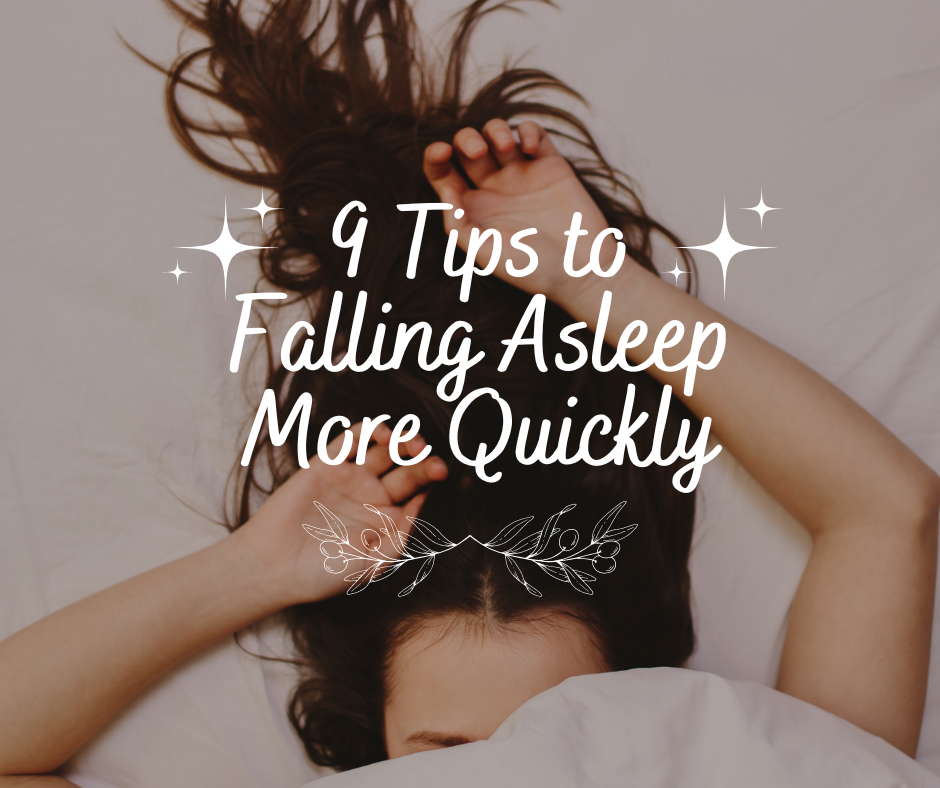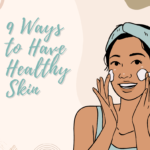

Falling asleep quickly can be a challenge for many people, but there are several tips you can do to improve your sleep. Here are some tips to help with falling asleep faster, and we hope you get a good night’s sleep after reading this article!
1. Establish a Bedtime Routine
Having a consistent bedtime routine can signal to your body that it’s time to wind down and prepare for sleep. This might include activities such as reading, taking a warm bath, or listening to relaxing music.
It also involves stopping whatever you’re doing when it is time for bed. Shutting down the computer and putting your phone in Do Not Disturb mode can really set the mood, reminding you that it’s time to relax and recharge. You have time to do those things tomorrow.
2. Make Your Sleep Environment Comfortable
Your bedroom should be cool, dark, and quiet. You can use earplugs or a white noise machine to block out any distracting sounds if total silence isn’t your thing, and you can also use a nightlight if total darkness isn’t your thing.
A cozy bed differs from person to person. Some prefer just one pillow while others love loads. Some love being under a lot of blankets, while others like to sleep without one! What matters is that the bed is cozy for you.
3. Avoid Screens for an Hour Before Bed
The blue light emitted by electronic devices can suppress the production of melatonin, a hormone that helps regulate sleep. Avoiding screens for an hour before bedtime can help improve your sleep. They also get you in the mindset for sleep—how could you possibly wind down after reading about your high school classmate’s affair or watching a silly, theatrical video only YouTubers could do?
4. Exercise Regularly
Regular exercise can improve your sleep quality as it balances out the hormones in your body, including the ones responsible for waking you up and sleeping. But, avoid vigorous exercise close to bedtime as it can make it harder to fall asleep.
5. Avoid Caffeine and Alcohol Close to Bedtime
Both caffeine and alcohol can disrupt your sleep and make it harder to fall asleep. Avoid consuming them at least four hours before bedtime. Besides that, alcohol has plenty of health disadvantages, including making your body go haywire. Abstaining from alcohol doesn’t just help you sleep better; it helps your entire body become healthier!
6. Try Meditation or Deep Breathing
Relaxation techniques such as meditation or deep breathing can help reduce stress and calm your mind, making it easier to fall asleep. Start by taking a deep breath through your nose, holding it in for four seconds, then breathing out through your mouth, also for four seconds. Repeat as necessary until you feel sufficiently calm and relaxed.
7. Try a Warm Shower or Bath
A warm shower or bath before bed can help relax your body and prepare you for sleep. Why not try a little bit of aromatherapy while you do too? Lavender essential oils can promote sleepiness, so try lighting a lavender-scented candle in the bath or using lavender-scented soap while taking a shower.
8. Avoid Napping During the Day
Napping during the day can make it harder to fall asleep at night. If, by chance, you really do need a nap to freshen you up, don’t nap for more than an hour so you can still fall asleep at a reasonable time at night.
9. Make Better Use of Your Time
If you find yourself lying awake in bed for more than twenty minutes, get up and do something relaxing until you feel sleepy, then go back to bed. For all you know, you might not be able to sleep for a good reason—you could be hungry and need a little snack to settle your tummy, or a little errand you forgot to do could be gnawing on your brain.

